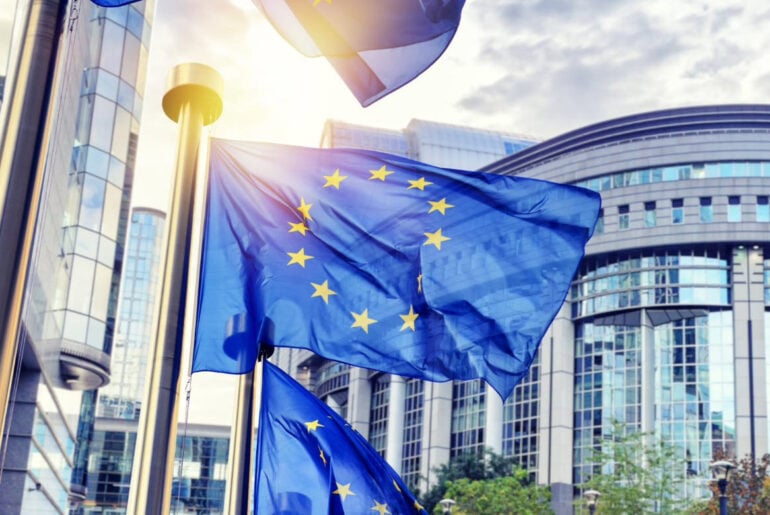The EU Corporate Sustainability Due Diligence Directive exempts financial institutions from due diligence to identify, mitigate and remedy potential adverse impacts, whether human rights or environmental, in their downstream “chain of activities”. In practice, however, it will be hard to escape entirely, not least as the sector will still need to adopt and implement transition plans.
Navigating regulatory compliance in the fast-paced crypto markets is challenging. The MiCAR Compliance Toolkit provides you with the practical steps needed to help you prepare for the new regulatory regime for cryptoassets in the EU.
The European Parliament has adopted the new AML/CFT legislative package, which aims to comprehensively strengthen the EU rules to fight money laundering and terrorist financing, including the establishing of a new EU authority to supervise directly the riskiest entities, an EU limit on large cash payments up to EUR 10,000, and more detailed, directly applicable rules regarding customer due diligence and beneficial ownership.
On 14 May 2024, the European Securities and Markets Authority (ESMA) published guidelines on fund names using environmental, social and governance (ESG) or sustainability-related terms. The main purpose of these guidelines is to enhance investor protection with regard to funds named in ways suggesting an investment focus in companies that meet certain sustainability standards. Against this backdrop and after the public consultation launched on 18 November 2022, ESMA clarifies what investors may expect in terms of policies, practices and characteristics of funds consistent with sustainability standards, as also the circumstances where a fund name with ESG or sustainability-related terms is indicative of unfair, unclear or misleading practices.
The European Commission launched the European (EU) Green Deal in 2019. The EU Green Deal is a package of policy initiatives, one of which is a commitment to tackle false environmental claims by requiring that consumers receive reliable, comparable, and verifiable information to enable them to make more sustainable decisions and reduce the risk of greenwashing.
In a major shakeup to businesses’ obligations relating to human rights, environmental standards and climate change, the Corporate Sustainability Due Diligence Directive (CS3D) is set to become law. In this article, we focus on the climate-related obligations enshrined in the CS3D: the obligation imposed on companies to adopt and put into effect climate transition plans.
We are pleased to present you with the latest update of Product Risk Radar (linked to https://www.globalcompliancenews.com/product-risk-radar/), our online content hub that covers the latest important legal developments in product regulatory and liability risk. The diverse range of articles helps you navigate the increasingly challenging landscape of the newest legal…
After long and tough discussions, EU ambassadors adopted a new compromise proposal on the Corporate Sustainability Due Diligence Directive (CSDDD) in Brussels on 15 March 2024. Now the measures are likely to pass into law. The next step is for the Parliament to give its approval.
On 26 March 2024, Directive (EU) 2024/927 amending the Alternative Investment Fund Managers Directive and the Undertaking for Collective Investment in Transferable Securities Directive relating to delegation arrangements, liquidity risk management, supervisory reporting, provision of depositary and custody services and loan origination by alternative investment funds (AIFMD II or “Directive”) was published in the Official Journal of the European Union.
AIFMD II will enter into force on 15 April 2024.
The Corporate Sustainability Due Diligence Directive (“CS3D”) was provisionally agreed at a political level in December 2023, and confirmed by COREPER in a revised version in March 2024. Once formally approved, this new law will have significant impacts on many EU companies and non-EU companies active in the EU, as well as on their value chains throughout the world. In this first installment of our new “CS3D Explainer Series”, we answer the following four key questions: “Which companies are covered?,” “What will be their new obligations?,” “Why should they comply?” and “When will this start to apply?”



